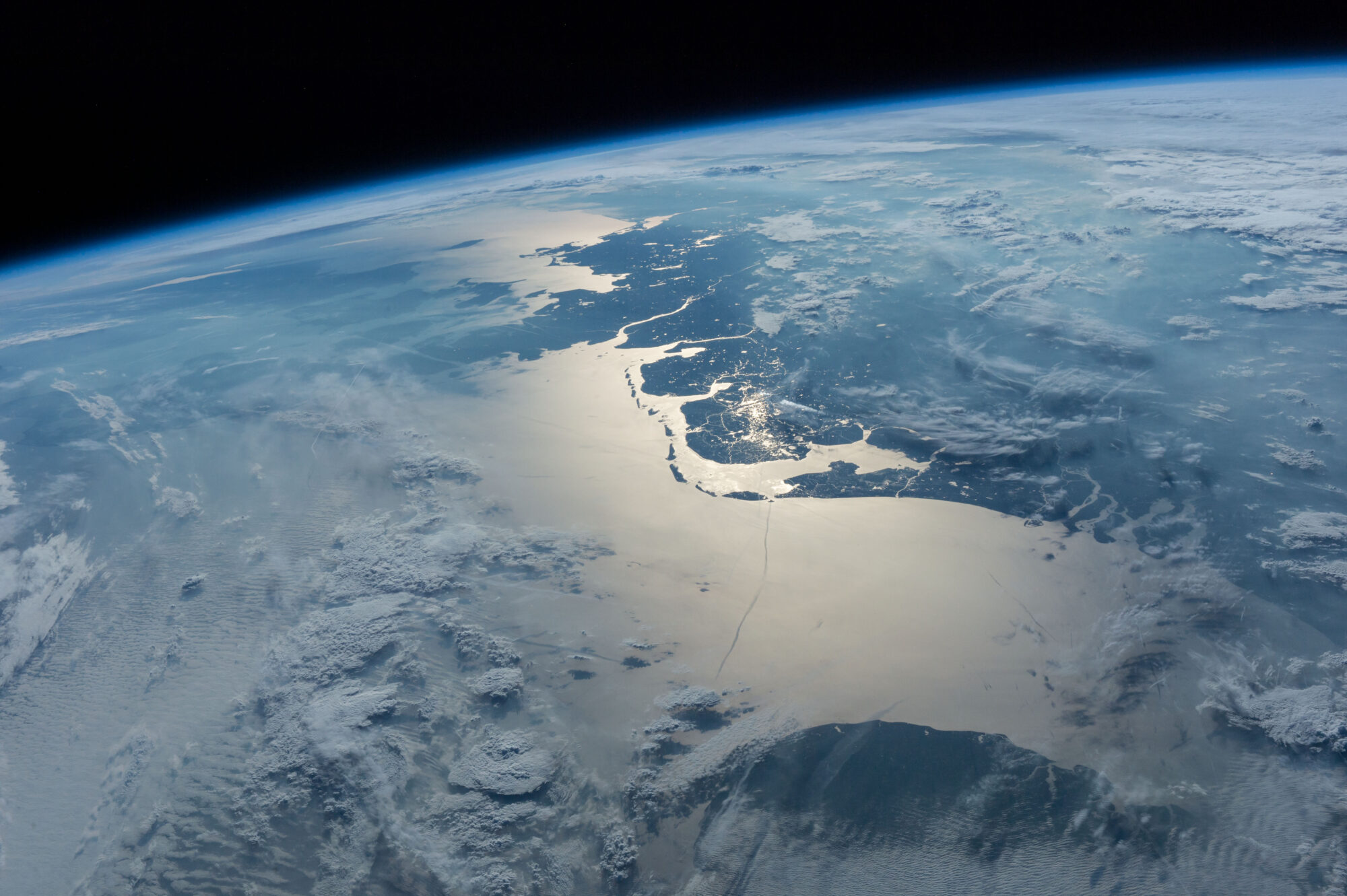Strategy 2025+
A new strategy for Dutch Planetary Sciences is planned for targeting the 2025+ timeframe. In the past the NPP developed 5-year strategies, like this previous example from 2011-2016. This version illustrates some of the key topics that have been addressed and supported with dedicated funding instruments at the Dutch Research Council (NWO) and the Netherlands Space Office (NSO).
As part of the revitalisation of the NPP that we started in 2022, we will continue with implementing best-practises for community-building based on our past successes and develop new approaches to help reaching our goal; furthering planetary science in the Netherlands. The Expertise Network is one of these examples, where we took the initiative to bring together researchers from the planetary science, geoscience and astronomy communities to define mutual interests and formulate a common direction for future research. Other ongoing developments are flanking the NPP, such as the synergies and contributions of planetary science in the framework of origins of life consortia (Origins Centre, PRELIFE) and ongoing exoplanetary research.
Aligning to (inter)national strategies
We aim to optimally prepare the Dutch science community and link up with industry for participation in instrument development for international space missions in 2030s and beyond. Major roadmapping exercises worldwide indicate that missions in 2030+ timeframe will likely focus on habitability, Mars, and icy moons in the outer solar system, possibly with high-mobility technologies including drones and helicopters a key tools. Within the Netherlands, the long-term space strategy published by the government in 2024 highlights a potential direction that can create science opportunities linked to the exploration of the moon and Mars. In addition, the White Paper Earth and Environmental Sciences describes the activities within the earth and environmental sciences in the Netherlands of which planetary science is an integral part. Looking further we find links with topics covered in ESA’s Explore2040 strategy for its exploration programme, and NASA’s decadal survey. With an even longer time horizon, the Voyage 2050 strategy for ESA’s science programme targets key scientific questions related to icy moons and the outer solar system. These opportunities align well with interests, areas of expertise and strong points inside the Dutch planetary science community, as illustrated by the foci of the Expertise Network.

